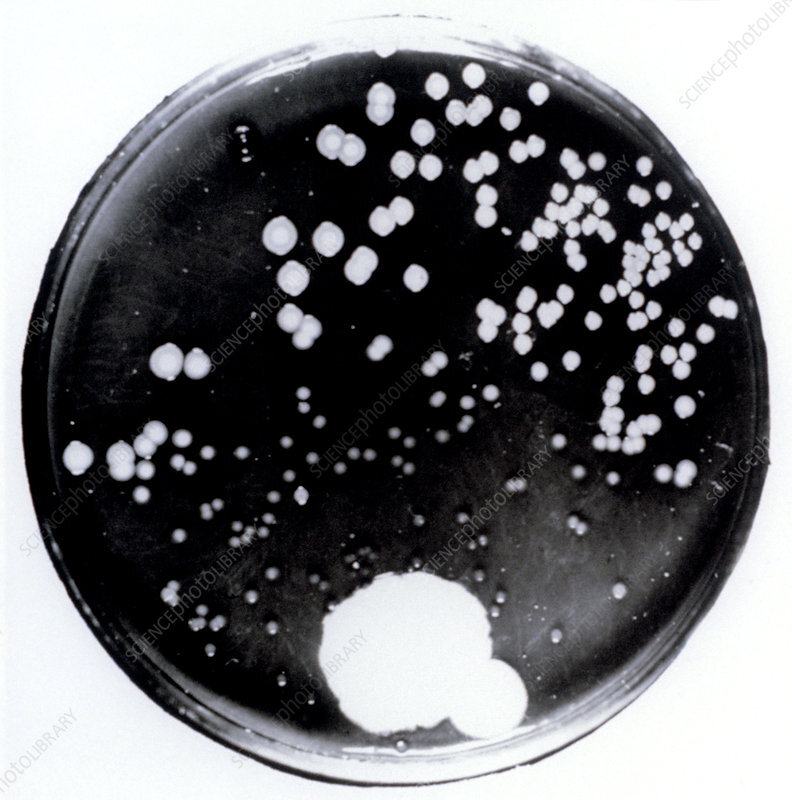My Best Reads of 2025 (Leaders Should Be Readers!)
Reading allows us to travel through time, embark on amazing adventures, and gain insights that can guide a business or an organization.

Alexander Fleming is considered the father of antibiotics. In 1928, he was doing research on the Staphylococcus Aureus bacteria. These were bred in petri dishes. Fleming decided to go on holiday in August. During that time, the fungus Pencillium contaminated the petri dishes. Upon his return, the scientist noted that this mould had killed the bacteria. This lucky accident resulted in the development of penicillin, which saved countless lives.
In the 19th century, people were well aware of inoculation and its benefits. But nobody really understood how it worked. Enter Louis Pasteurs’ chickens. Pasteur went on holiday in the summer of 1879. He left instructions with his assistant to inoculate some chickens with a broth infected with cholera. The assistant forgot and went on holiday as well. Upon return from their well-deserved rest, they did the experiment. However, in the meantime, the broth had lost some of its power. The chickens became sick but did not die. They then infected the long-suffering birds again with a very virulent strain of cholera. But the chickens did not even become ill. That led to an important discovery: vaccination works via a less virulent organism triggering an immune response that then works against a more aggressive one.
Enjoy your vacation. Who knows what you’ll discover upon your return to the office.
PS It also show how important serendipity is in innovation. It means finding something one was not looking for.